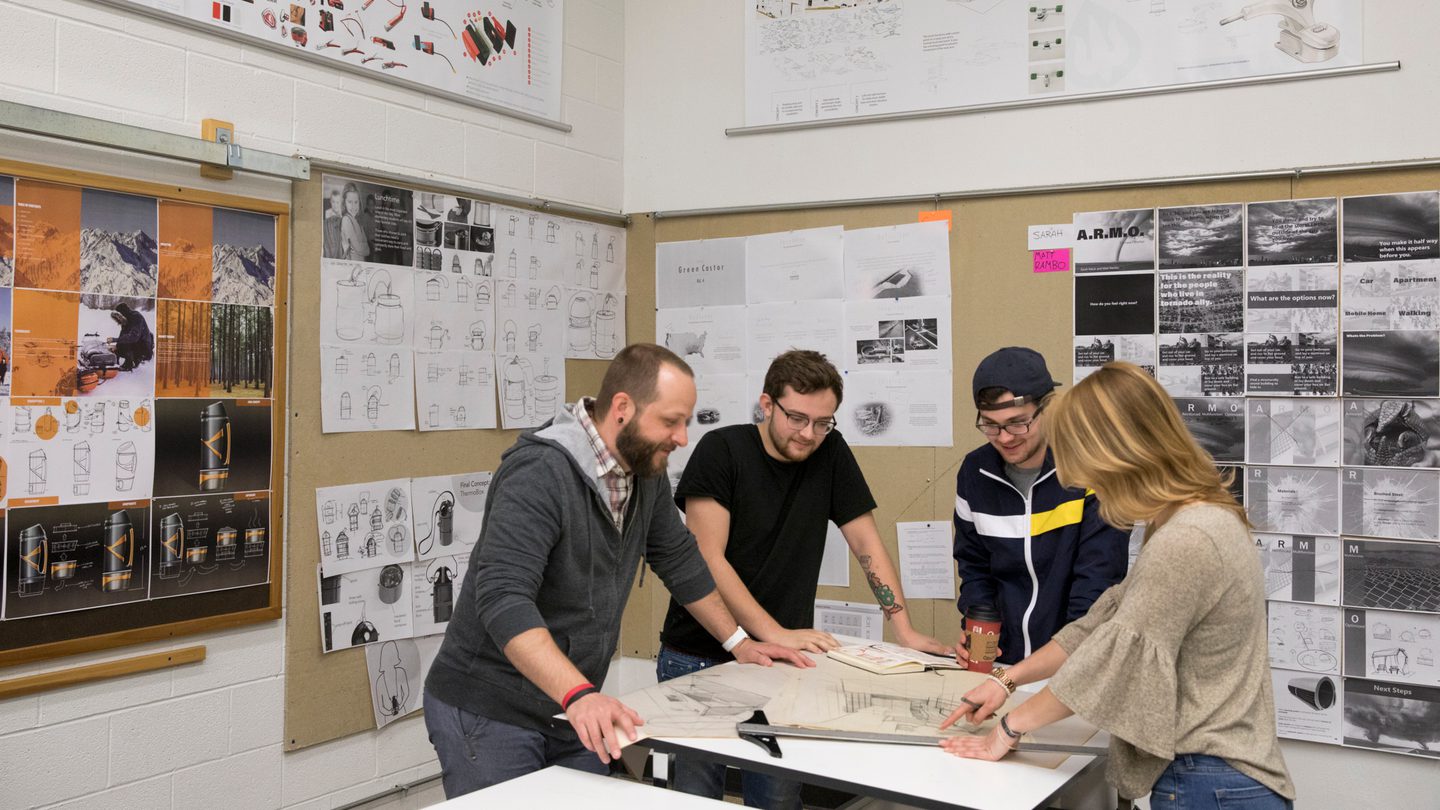Graduate Degree

Take your career to the next level.
Whether you’re looking to grow your creative practice or advance your professional career, you’ve come to the right place. For more than 145 years, CCAD has educated individuals ready to shape culture and commerce in Columbus and around the globe.
Our graduate program was created with your needs and timeline in mind. Our MPS in UX program offers a two-year, part-time curriculum, with classes taught online in the evenings, fitting your life and location.
Read more about our master’s degree program below, and for more information, fill out the form below or email [email protected].
Master of Professional Studies in User Experience (UX) Design
Don’t miss out on these additional learning opportunities
Are you interested in leveling up your career or creative practice, but don’t want the commitment of a degree? Check out offerings from the Institute for Creative Leadership at Work (our unique collaboration with Capital University), which offers teams and individuals workshops on such topics as problem solving and design thinking strategies, as well as our non-degree Saturday Art Classes and Creative Summer Workshops, where you can learn from the experts in such subjects as the Adobe digital suite.


